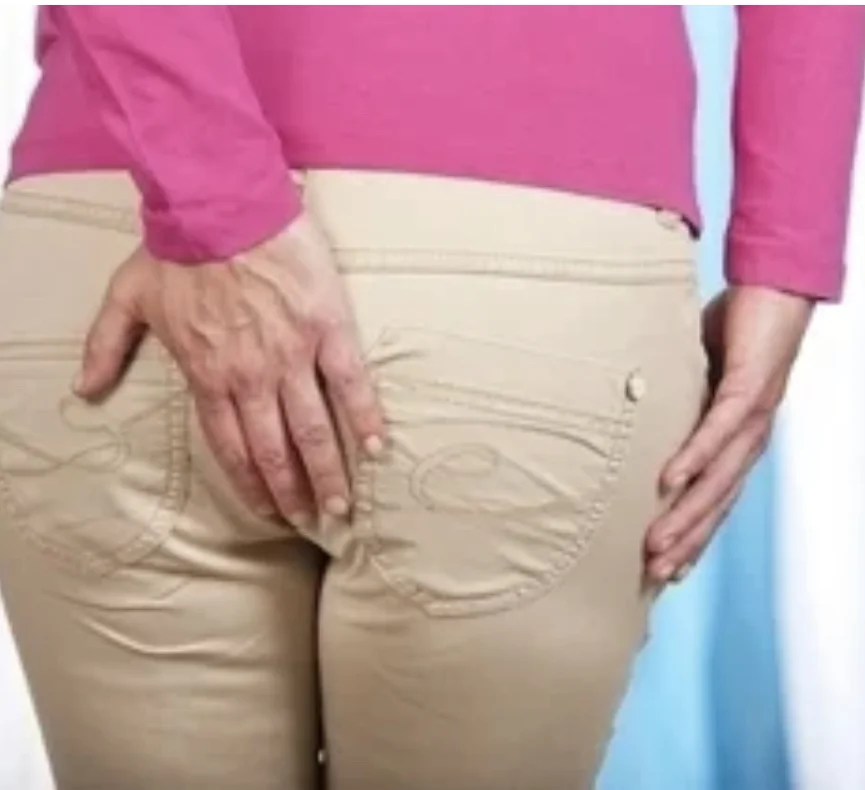In this detailed guide, we explore the often embarrassing and uncomfortable condition known as pruritus ani. Pruritus ani, or anal itching, is a common concern that affects countless individuals. Our team at https://drpadmakiran.com understands the need for comprehensive information and high-quality content on the topic causes symptoms and treatment options of pruritis ani. We aim to provide you with a resource that not only educates but also helps you outrank competing articles.

Understanding Pruritus Ani
Pruritus ani, though often a source of embarrassment, is a genuine medical issue. To address it effectively, one must first comprehend its causes, symptoms, and potential treatments.
Causes of Pruritus Ani
Anal itching can result from various factors, including:
- Poor Hygiene: Inadequate cleaning after bowel movements can lead to irritation.
- Dietary Choices: Consuming certain foods or drinks, such as caffeine and spicy foods, can exacerbate the condition.
- Skin Conditions: Eczema, psoriasis, or fungal infections can affect the anal area.
- Hemorrhoids: Swollen blood vessels around the anus can cause itching.
Symptoms of Pruritus Ani
Identifying the symptoms is crucial for proper diagnosis and treatment:
- Itching: The primary symptom, often accompanied by a burning sensation.
- Redness: The affected area may appear red and inflamed.
- Discomfort: Itching can cause discomfort and sleep disturbances.
- Scratching: Excessive scratching may lead to skin damage and infection.
Diagnosing Pruritus Ani
Proper diagnosis is essential for effective management. A healthcare provider may perform:
- Physical Examination: To assess the area and identify potential causes.
- Skin Scraping: To rule out fungal infections.
- Biopsy: In rare cases, a biopsy may be required for a conclusive diagnosis.
Treatment Options
The management of pruritus ani depends on its underlying causes. Effective treatments include:
Lifestyle Modifications
- Hygiene: Proper cleaning techniques are vital. Use gentle, unscented soap and pat dry.
- Dietary Changes: Reducing the consumption of known irritants can alleviate symptoms.
- Cotton Underwear: Wearing breathable, cotton underwear can reduce irritation.
Medications
- Topical Steroids: These can help reduce inflammation and itching.
- Antifungal Creams: If a fungal infection is present.
- Anti-itch Creams: Provide temporary relief from itching.
Medical Procedures
- Botox Injections: For cases resistant to other treatments.
- Laser Therapy: To alleviate itching and inflammation.
Preventing Pruritus Ani
Prevention is key in avoiding recurrent episodes:
- Maintain Proper Hygiene: Continue good hygiene practices.
- Dietary Awareness: Be mindful of foods that trigger itching.
- Regular Check-ups: Visit your doctor at Padma hospital for appointments.
Conclusion
In this comprehensive guide, we’ve explored the causes, symptoms,and treatment options for pruritus ani. By understanding the condition and its management, you can take proactive steps towards relief and overall well-being.
